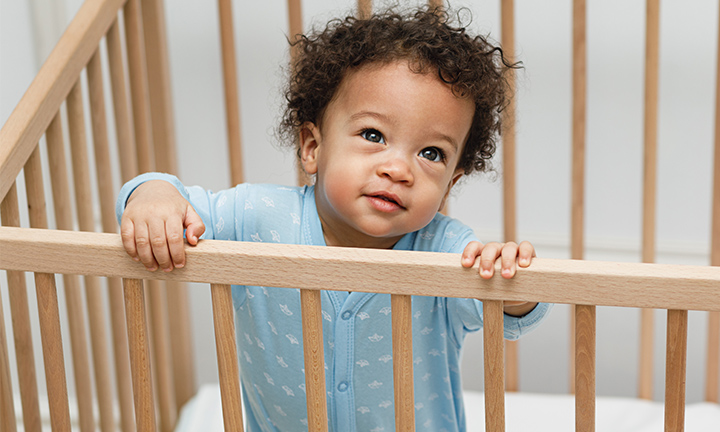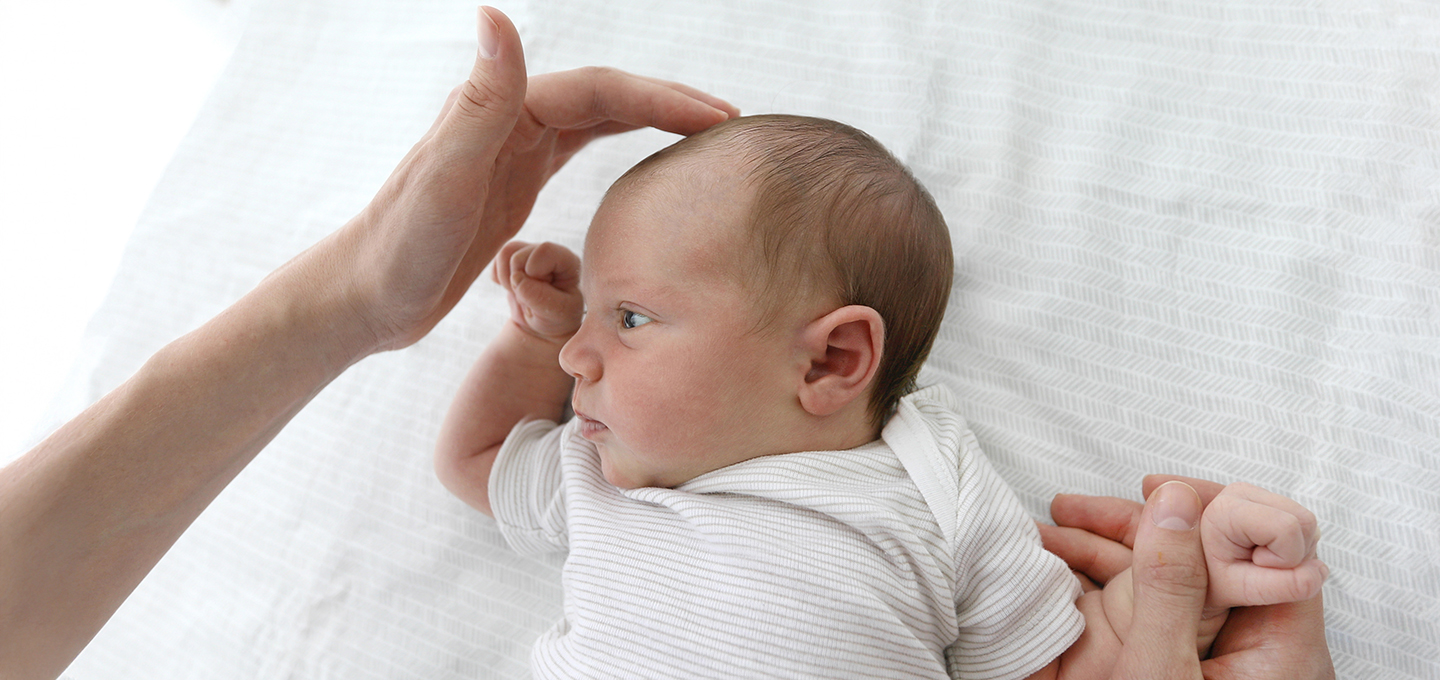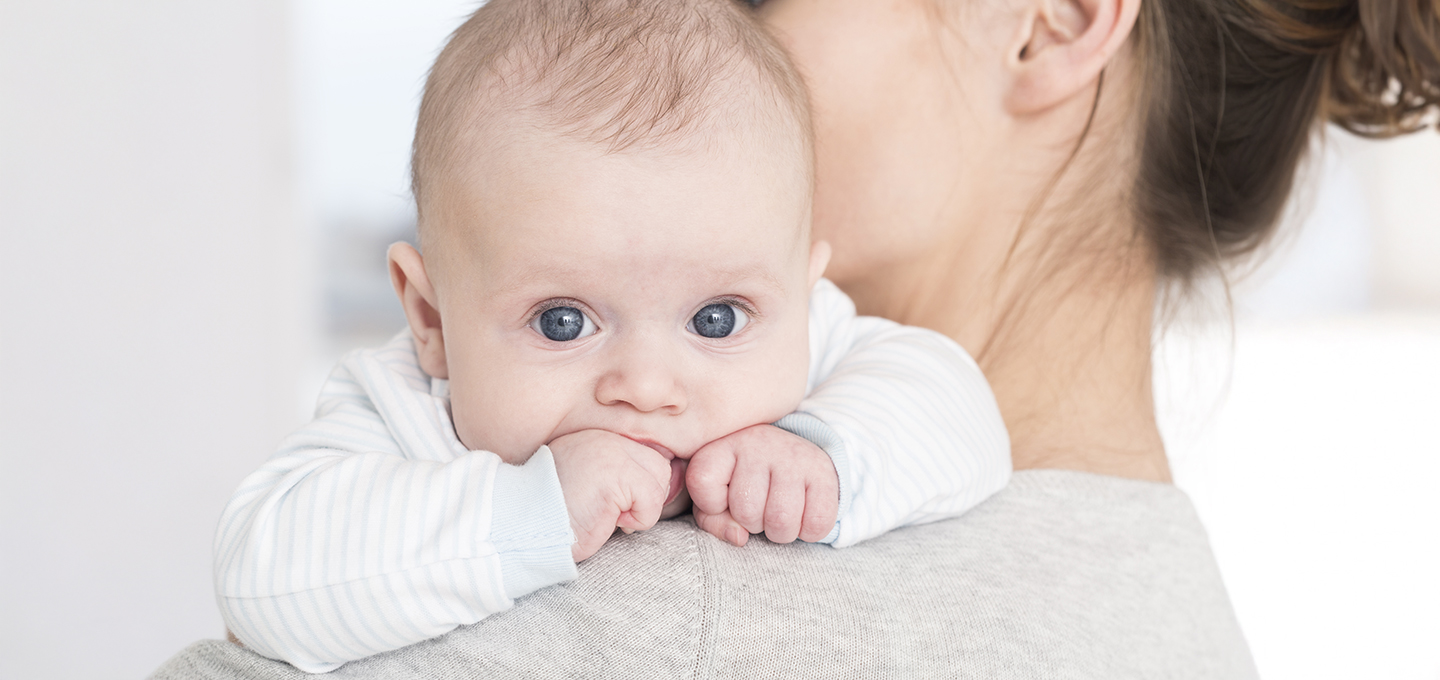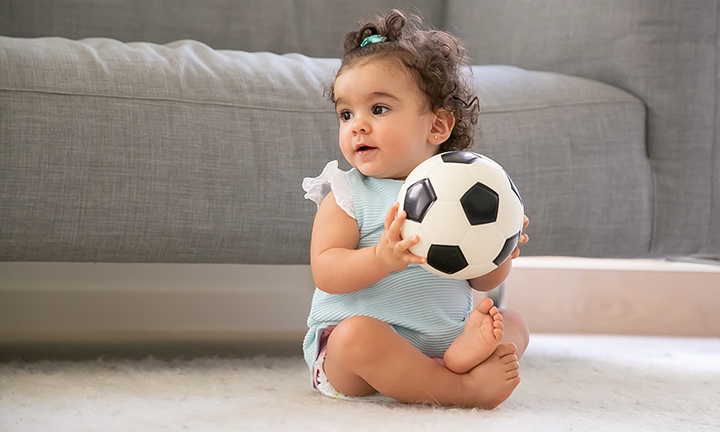
When Do Babies Start Walking? Signs, Tips, and Milestones


Your baby’s first steps are a magical moment, and every child reaches this milestone at their own pace. While it’s natural to wonder when your little one might start walking, it’s just as important to enjoy and support their journey.
In this article, we’ll explore the typical age babies start walking, signs that your baby might be ready, ways to encourage walking, and when to seek advice from your healthcare provider if progress seems delayed.
When Do Babies Walk?
Many babies begin walking around 12 months of age, but the average walking age may vary significantly. Others might not take their first steps until 15 or 16 months. Both are within the typical age for walking, so there’s no need to worry if your little one takes a bit longer.
Babies don’t learn to walk all at once. Instead, they progress through key stages, such as sitting up, crawling, and pulling themselves to stand. These developmental milestones prepare them for the exciting moment when they’re ready to walk independently.
That’s why, understanding when babies learn to walk helps parents appreciate how their little one builds strength and coordination over time. Encouraging activities like tummy time and play are essential for fostering the motor skills and confidence that support walking.
Signs Your Baby May Start Walking Soon
Between 9 and 12 months, your baby may start showing signs they will walk soon. These include pulling themselves up to stand, standing unsupported for a few seconds, and “cruising” while holding onto furniture for balance. You might also notice changes in behavior, such as increased fussiness or disrupted sleep, as growth spurts and concentration on these new skills may be tiring.
These small but significant milestones indicate your baby is preparing for their first steps and gaining the strength and confidence needed for independent walking.
How do Babies Develop Walking Skills?
Walking is a gradual process that requires babies to master several developmental milestones involving their arms, legs, and core muscles. Each new skill builds on previous lessons, eventually culminating in independent walking. While the stages of crawling to walking may vary, most babies follow these general milestones:
Each baby’s journey is unique, and not every stage is necessary for walking. For example, some babies may skip crawling entirely, going straight from sitting to standing. Providing support and encouragement while celebrating their progress will help your baby thrive as they master each stage of walking.
How to Encourage Your Baby to Walk
Helping your baby take their first steps is an exciting milestone. Here are some tips on how to help your baby learn to walk and build the confidence they need:
Reasons for Late Walking in Babies
While babies develop at their own pace, delayed walking may sometimes be linked to underlying factors. Here are some common reasons:
When to Visit Your Healthcare Provider
It’s natural to wonder when to worry if your baby is not walking, especially if milestones seem delayed. If your baby is not walking at 12 months, it’s not necessarily a cause for concern, as many babies take a little longer to walk. However, you should consult your pediatrician if your baby has met all the milestones leading up to walking but isn’t walking independently by 18 months.
Your pediatrician can evaluate whether there are any developmental delays or underlying issues and provide guidance tailored to your child’s unique needs. Most well-child visits occur at 12, 15, 18, and 24 months, which are excellent opportunities to discuss walking progress. However, you may always contact your provider between visits if you’re concerned about your child’s development.
FAQS AT A GLANCE
The average age for a baby to start walking is around 12 months. However, it’s normal for some babies to begin walking as early as 9 months or as late as 15 months, as developmental milestones vary widely between children.
Bottom Line
Seeing your baby take their first steps is a joyful milestone, and every child reaches it at their own pace. By providing a safe environment, encouraging your baby to walk, and celebrating each small victory, you can help them build confidence in their walking skills. If you have any concerns about your baby’s progress, don’t hesitate to consult your healthcare provider for guidance and reassurance.
Make the most of this exciting phase with our free Pampers Club app, where you can turn Pampers product codes into exclusive discounts and digital offers.
- American Academy of Pediatrics. Caring for Your Baby and Young Child: Birth to Age 5, 7th ed. (New York: Bantam Books, 2019).
- Cleveland Clinic. "When Do Babies Start Walking."
- Cleveland Clinic. "Developmental Delay in Children."
- Healthy Children. "A Checkup for Success."
- Kids Health. "Movement, Coordination, and Your 1- to 2-Year-Old."
Read more about Baby
Related Articles
Join a World of Support
through Pregnancy and Parenthood.
TRACK WITH TOOLS
LEARN WITH EXPERTS
GET REWARDED














